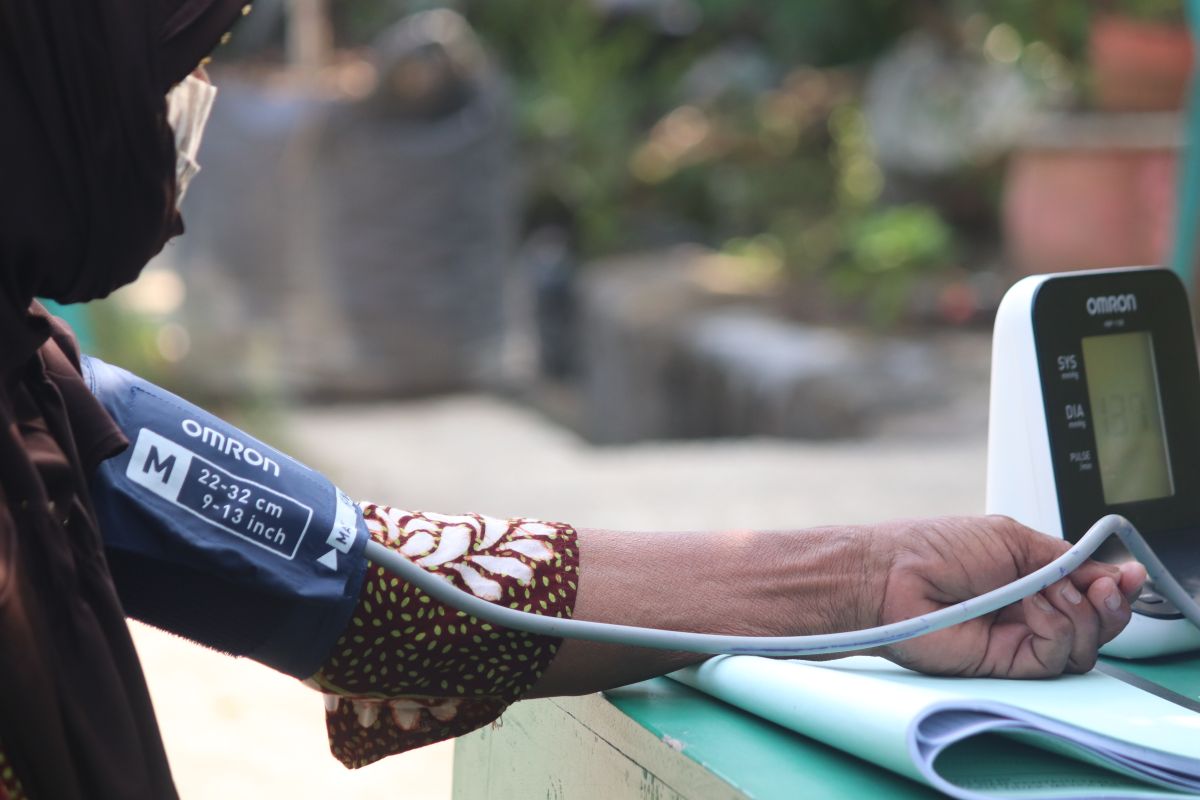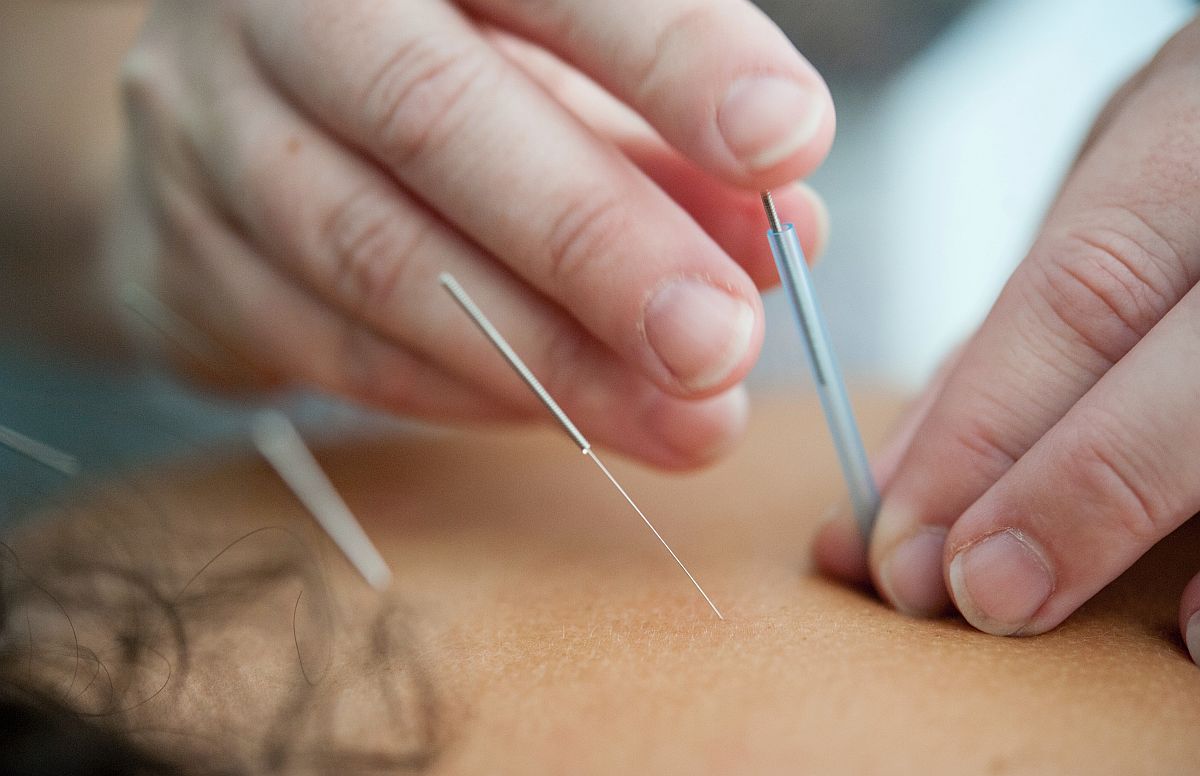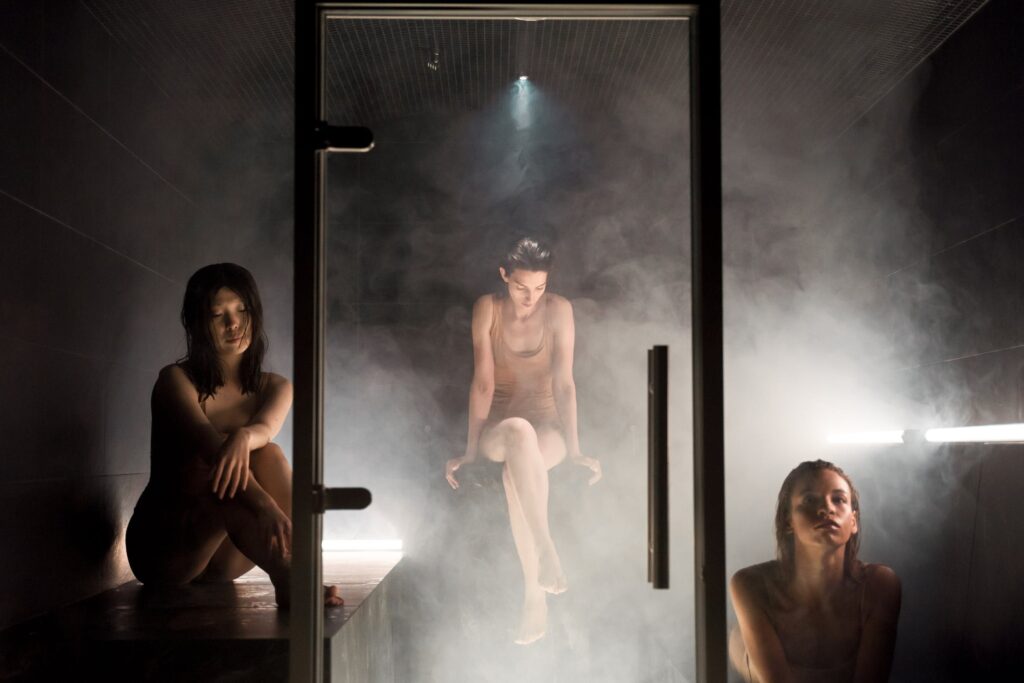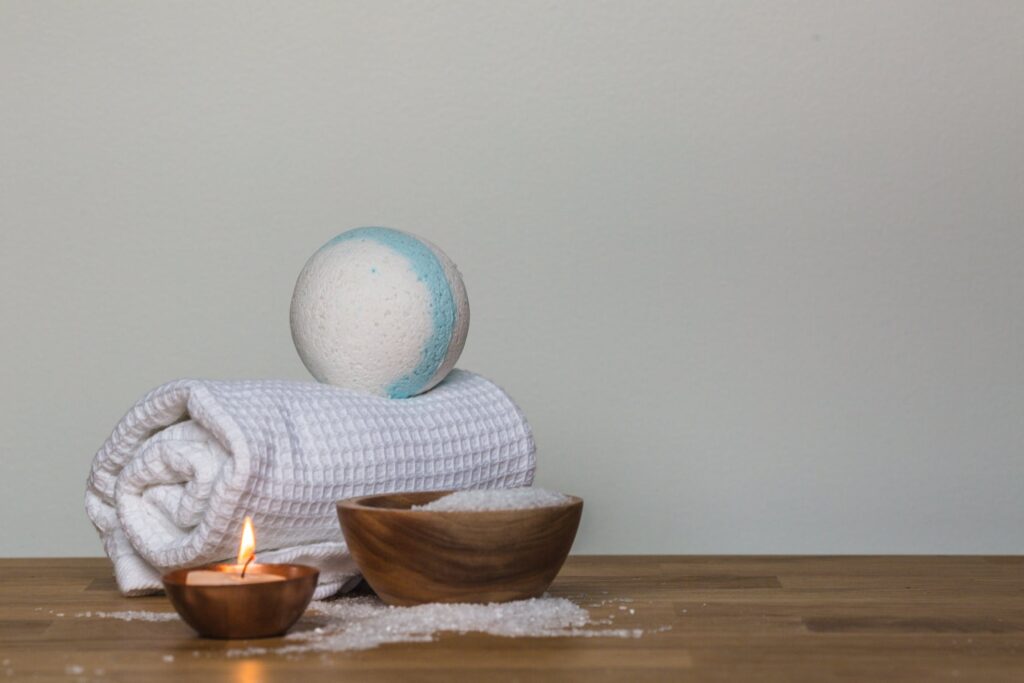Do you want to know if using a portable sauna during pregnancy is safe for you and your unborn child? Many expectant mothers wonder about this, and with good cause. Expectant mothers should be enthusiastic and careful since their choices throughout pregnancy can have lasting effects on their health and the health of their unborn child. In this brief but detailed introduction, we'll explore this important question and provide the insight you need to make a wise decision.
Finding a happy medium between relaxation and safety will reveal whether or not pregnant women can use portable saunas. There are benefits to using a sauna during pregnancy, such as relieving aches and tension, but there are also hazards to be aware of. In the following sections, we'll discuss the dos and don'ts, benefits, and potential issues related to this topic in order to provide more context. If you're expecting and thinking about some hot, sensual R&R, keep reading to ensure you and your baby are safe.
Before we get into the specifics, though, it's important to point out that we consulted with a prominent obstetrician and gynecologist to help us figure out how to use portable saunas during pregnancy safely. If you ask someone with experience in women's health and pregnancy-related issues, you can rest assured that they will provide you with the most reliable information possible. Let's start this journey together to ensure your pregnancy is as easy and risk-free as possible.
Infrared Saunas Safe During Pregnancy?
Using a sauna while pregnant is unsafe, especially in the early stages. It is strongly discouraged by medical professionals. Extreme heat exposure during pregnancy is not advised due to the risk of miscarriage, stillbirth, or brain/spinal cord injury.
If your doctor gives you the go-light to use a sauna while you're expecting, try to keep sessions to 15 minutes or fewer. Saunas are generally safe for pregnant women, but some experts advise against using them. Your baby could have problems even if you only spent briefly in the sauna. If sauna use causes you to feel dizzy or queasy, stop immediately. A possible indication of internal warming.
What Are The Risks Of Sauna Use During Pregnancy?
There are risks to both the mother and the unborn child from using a sauna while pregnant. Because every pregnant woman's situation is unique, getting their doctor's approval is crucial before utilising a sauna. Some such dangers include:
Overheating
A sauna session can raise core body temperature by several degrees. Hormonal shifts increase the likelihood of rapid overheating in pregnant women. It is possible that miscarriage or birth defects could be brought on by a fever during pregnancy, especially in the first trimester.
Fainting or Dizziness
Pregnant women, who may already be experiencing fluctuations in their blood pressure, are especially vulnerable to the effects of the sauna's high temperatures, which can cause dizziness and fainting.
Dehydration
Using a sauna has been linked to significant fluid loss due to perspiration. Low blood pressure, brought on by dehydration, can be dangerous for the mother and the unborn child.
Decreased Blood Flow

Exposure to high temperatures in a sauna for an extended period can cause a decrease in blood flow to the uterus, which could deprive the foetus of oxygen and nutrients.
Birth Defects
Few studies have been conducted on the topic, but those have found an association between elevated maternal body temperature during the first trimester of pregnancy and birth abnormalities.
Preterm Labor
Pregnant women who regularly use saunas may be at a higher risk for having babies that are born prematurely or are born with low birth weight, according to some research. Sauna use during the first trimester is risky.
Fetal Distress
Foetal discomfort, which can be damaging to the baby, can be caused by the heat stress experienced in a sauna.
Pregnant women should avoid saunas generally, particularly during the first trimester, when the foetus is most susceptible to temperature-related disorders and birth abnormalities. Do the following if you're pregnant and plan on using a sauna anyway:
- Before making any changes to your treatment plan, talk to your doctor.
- Sauna time should be short (no more than 10–15 minutes).
- Hydrate before, during, and after sauna sessions to avoid dehydration.
- Listen carefully to how your body is telling you it feels. You should leave immediately if you feel lightheaded, hot, or ill while in the sauna.
- You can lessen your risk of overheating by going to a sauna that isn't too hot and is, instead, well-ventilated.
- Don't use the sauna by yourself if you require help.
Alternative And Complementary Therapies For Pregnancy
Alternative or "complementary" treatments are those that go beyond what is typically prescribed by a doctor. Acupuncture, massage, and chiropractic care are just a few examples of the various alternative treatments available. Alternative medical practices are sometimes known as integrative medicine.
Some women seek alternative treatments during pregnancy to alleviate discomforts like morning sickness and backache. It's possible that some expectant mothers will use these treatments to ease into labour and have fewer complications. Since sauna use is discouraged during pregnancy, you could try one of these other therapies instead:
Acupressure
You may be unknowingly employing acupressure techniques right now. When you get a headache, do you ever massage your temples? Acupressure involves applying pressure with the thumbs or fingers to certain spots on the body. Instead of using needles, acupressure practitioners apply pressure to the same acupuncture locations. Morning sickness (in the form of sea bands or relief bands worn around the wrists) and back pain are only two of the many pregnancy problems that can be helped with acupressure. It may also ease the discomfort of labour contractions.
Aromatherapy
Ingestion of essential oils is not recommended during pregnancy or under any other circumstances. Instead, they are breathed or mixed with a carrier liquid for topical use like a lotion or bath soak. Aromatherapy is growing in popularity among expectant mothers to alleviate nausea, calm aches and pains, promote restful sleep, and many other symptoms associated with pregnancy that cannot be treated with conventional medicine.
Doing your homework before using essential oils is important, as some of them are harmful to pregnant women.
Chiropractic Medicine
Joints and the spine are realigned through physical manipulation by chiropractors. Back and sciatica pain are two common pregnancy complaints that chiropractic adjustments might help. It's important to see a chiropractor specialising in caring for pregnant patients.
Acupuncture

Acupuncture involves the use of disposable, hair-thin needles to stimulate a variety of acupoints around the body (each of which is considered to correspond to a different organ). Acupuncture, like acupressure, can help the body reestablish its natural equilibrium and cure itself. Acupuncture is safe and effective for treating many pregnancy-related symptoms, including nausea and vomiting, constipation, back pain, haemorrhoids, breech presentation, labour discomfort, and low milk supply after delivery.
Exercise
Prenatal exercise has been linked to fewer health problems, improved mental health, lower blood pressure, less back and pelvic discomfort, better sleep, less exhaustion, and fewer instances of constipation and fatigue.
Massage Therapy
Massaging the appropriate way during pregnancy can help reduce numerous pregnancy symptoms, including heartburn, headaches, backache, and sciatica, whether the massage is performed by your partner's inexperienced hand or by a professional masseuse trained in prenatal massage. Labour pain can also be greatly reduced by receiving a massage. Give your back a counter-pressure massage when you're working hard and need some relief.
Meditation
Deep relaxation techniques, meditation, and visualisation can mitigate pregnancy's physical and emotional strains. The stress, blood pressure, and mental well-being benefits of learning to relax and concentrate with these methods are manifold.
Hydrotherapy
Do you like a nice, lengthy bath to unwind while pregnant? Have you ever considered taking a bath to ease the pain of labour? Hydrotherapy is using warm (not hot) water for therapeutic purposes to alleviate the discomfort associated with pregnancy. You shouldn't use a sauna if you're expecting, but a warm bath is fine. There is medical consensus that pregnant women shouldn't swim in water hotter than 95 degrees Fahrenheit for more than 10 minutes.
Reflexology
Applying pressure to specific points on the feet, hands, and ears during pregnancy might help alleviate a variety of uncomfortable symptoms, including nausea, constipation, exhaustion, and backache. Performing reflexology on specific regions of the feet can also promote labour contractions, which is beneficial if you're overdue but potentially dangerous if you're not close to your due date. So, when you go into labour, ensure your reflexologist knows to avoid those sensitive spots on your feet.
Safety First—Pregnancy Precautions
A woman's health and that of her developing child are paramount during pregnancy. Saunas and hot baths are a great way to unwind, but they pose serious health risks to expecting women. This post will discuss some important safety considerations before using a sauna while pregnant.
Consultation
Before considering using a sauna while pregnant, it is crucial to check with your doctor. This point must be emphasised repeatedly. Your doctor or midwife may give you individualised advice based on your health and pregnancy circumstances because every pregnancy is different. They can advise you on whether or not you should use a sauna and, if so, how often.
Sauna Types
It's possible that some saunas are safer for pregnant women to use than others. An overview of the various sauna varieties follows.
Traditional Saunas
High-temperature, dry saunas fall under this category. This is especially true in the first trimester when the baby's organs are still developing because they can increase body temperature.
Infrared Saunas
The infrared heaters used in infrared saunas produce radiant heat, which is sometimes more gentle than the dry heat of regular saunas. While these may be more comfortable for some expectant mothers, keeping a close eye on your temperature is still important.
Steam Rooms
Even while steam rooms are cooler than traditional saunas, it is still possible to overheat due to the high humidity.
Hydration and Monitoring
Pregnant women already need to take extra precautions to avoid dehydration, but being in a sauna makes this much more important. Sauna use is not recommended during pregnancy because of the risk of dehydration. Be sure to hydrate well before entering the sauna, while in it, and after you've finished. In addition, pay special attention to your internal cues. Immediately exit the sauna if any of the following symptoms develop:
- Shortness of breath
- Rapid heartbeat
- Dizziness
- Nausea
- Feeling excessively hot
Temperature and Duration
It is crucial to be careful about temperature and time when using a sauna during pregnancy.
- Temperature: Keep the temperature of your sauna below 100 degrees Fahrenheit (37.8 degrees Celsius) if you're expecting. Hyperthermia, brought on by extremely high temperatures, can be dangerous to a pregnant woman and her unborn child.
- Duration: Sauna time should be kept to no more than 15 to 20 minutes at a time, and prolonged use should be avoided. If you feel faint, disoriented, or overheated, it's time to leave the sauna.
FAQs About Sauna
Some pregnant women find saunas help relieve muscle tension and stress. However, the benefits should be weighed against the potential risks. If discomfort persists, alternative therapies should be considered.
Saunas may provide temporary relief from aches and pains, but they don't address the root causes of common pregnancy discomforts. Prenatal yoga, massages, and other approved methods may be more effective.
In sauna rooms, pregnant women should avoid overcrowding and ensure proper ventilation. Adequate spacing and fresh air circulation can help minimize the risk of overheating.
Portable saunas can be considered for postpartum recovery, but it's crucial to wait until after delivery and consult with a healthcare provider. They may offer relaxation benefits during this period.
Sauna use after childbirth may have a mild impact on breastfeeding due to potential dehydration. To ensure adequate milk supply, breastfeeding mothers should drink plenty of water and use saunas in moderation.
Conclusion
Using a portable sauna while pregnant can be safe and relaxing for both the mother and the baby. However, using a sauna can cause problems like overheating, dizziness, dehydration, less blood flow, birth defects, early labour, and foetal discomfort. Before using a sauna, a pregnant woman must talk to both a doctor and a gynaecologist. This is to make sure that both the mother and the baby are safe.
Most experts agree that infrared saunas are safe for pregnant women, but some say they shouldn't use them. Overheating can change your hormones, and changes in your blood pressure can make you feel dizzy or even fall. Low blood pressure, less blood flow, and birth problems can all be caused by not drinking enough water. Preterm labour is also dangerous for women who are pregnant, and heat stress can cause foetal discomfort.
To avoid getting too hot, talk to your doctor before making any changes to your treatment plan, keep your sauna time short, and pay attention to how your body feels. If you feel dizzy, hot, or sick, get out of there right away.
Acupuncture, massage, and chiropractic care are all kinds of alternative and complementary treatments for pregnancy. Acupressure can help with pains like morning sickness and backaches, and it can also make labour cramps less painful. Before using a sauna while pregnant, it's important to talk to a doctor to make sure that both mum and baby have the best experience possible.
Aromatherapy is a common way to treat nausea, aches, pains, and other pregnancy-related complaints, but it's not a good idea to do it while you're pregnant. Instead, you can put essential oils on your skin or use them as a bath soak. Joints and the spine can be realigned by a chiropractor, which can help with back and leg pain. Acupuncture is a kind of massage that can help the body get back to its natural balance and heal itself. Exercise is linked to fewer health problems, better mental health, lower blood pressure, better sleep, less weariness, and less constipation and tiredness.
Heartburn, headaches, backaches, and sciatica can all be made better with massage treatment. Both physical and mental stress can be eased through meditation and hydrotherapy. For therapy, hydrotherapy uses warm water, but pregnant women shouldn't swim for more than 10 minutes in water that is more than 95 degrees Fahrenheit. Reflexology can help relieve pain like nausea, constipation, tiredness, and backaches.
Safety first is very important when you're pregnant, and saunas and hot baths can be very bad for your health. Before going to a sauna, you should talk to your doctor because every pregnancy is different. Traditional, infrared, steam, and hydration-monitoring saunas are all different kinds of saunas. It's important to drink a lot of water before, during, and after using a sauna and to stay away from too much heat.
When pregnant, you should be careful about the temperature and how long you stay in the sauna. To avoid overheating, keep the temperature below 100 degrees Fahrenheit (37.8 degrees Celsius) and only stay in the sauna for 15 to 20 minutes at a time. If you are pregnant and feel dizzy, lost, or too hot, leave the sauna.
Content Summary
- Many expectant mothers question the safety of portable saunas during pregnancy.
- Choices during pregnancy can impact both the mother's and baby's health.
- The balance between relaxation and safety determines sauna use during pregnancy.
- Saunas can relieve pregnancy-related aches and tension.
- However, there are potential risks associated with sauna use during pregnancy.
- Expert advice from an obstetrician and gynecologist was sought for this topic.
- It's essential to consult professionals experienced in pregnancy-related issues.
- Using a sauna during early pregnancy is generally discouraged.
- Extreme heat exposure can risk miscarriage or brain/spinal cord injury.
- If approved by a doctor, sauna sessions should be kept short.
- Feeling dizzy or queasy in a sauna indicates potential overheating.
- Overheating is a significant risk for pregnant women in saunas.
- Hormonal changes in pregnancy increase the risk of rapid overheating.
- Elevated body temperature can lead to birth defects, especially in the first trimester.
- High sauna temperatures can cause dizziness and fainting in pregnant women.
- Sauna use can lead to dehydration due to excessive sweating.
- Reduced blood flow to the uterus can deprive the foetus of essential nutrients.
- Some studies link maternal overheating to birth abnormalities.
- Regular sauna use might increase the risk of preterm labour.
- Heat stress in a sauna can cause foetal distress.
- Pregnant women should be particularly cautious during the first trimester.
- Always consult a doctor before making any decisions about sauna use.
- Hydration is crucial before, during, and after sauna sessions.
- Pregnant women should always listen to their body's signals.
- Saunas with good ventilation can reduce the risk of overheating.
- Alternative therapies can offer relief during pregnancy.
- Acupressure can alleviate morning sickness and back pain.
- Aromatherapy can help with nausea, aches and promote sleep.
- Chiropractic adjustments can address back and sciatica pain.
- Acupuncture can treat various pregnancy symptoms, from nausea to back pain.
- Prenatal exercise offers numerous health benefits.
- Massage therapy can reduce labour pain and other pregnancy discomforts.
- Meditation and deep relaxation techniques can alleviate pregnancy stress.
- Hydrotherapy involves using warm water for therapeutic purposes.
- Reflexology can help with nausea, constipation, and backache.
- Safety is paramount during pregnancy.
- Always consult with a healthcare professional before using a sauna.
- Different sauna types may pose varying risks.
- Traditional saunas can be particularly risky during the first trimester.
- Infrared saunas use radiant heat, which might be gentler.
- Steam rooms, despite being cooler, can still cause overheating.
- Dehydration is a significant concern for pregnant women using saunas.
- Monitoring symptoms like dizziness and nausea is crucial.
- Sauna temperatures should remain below 100 degrees Fahrenheit for pregnant women.
- Sauna sessions should not exceed 15 to 20 minutes.
- Hyperthermia can be harmful to both the mother and the unborn child.
- Pregnant women should be cautious and informed about sauna risks.
- Alternative treatments can offer safer relaxation options during pregnancy.
- Every pregnancy is unique, so individualised advice is essential.
- The health and well-being of both mother and child should always be the priority.






